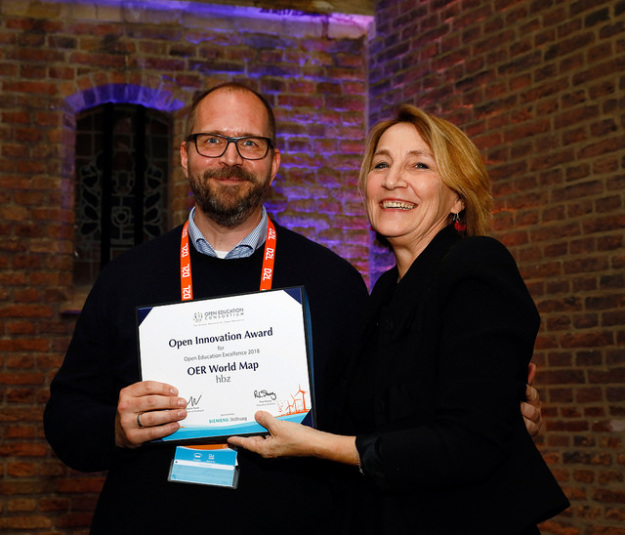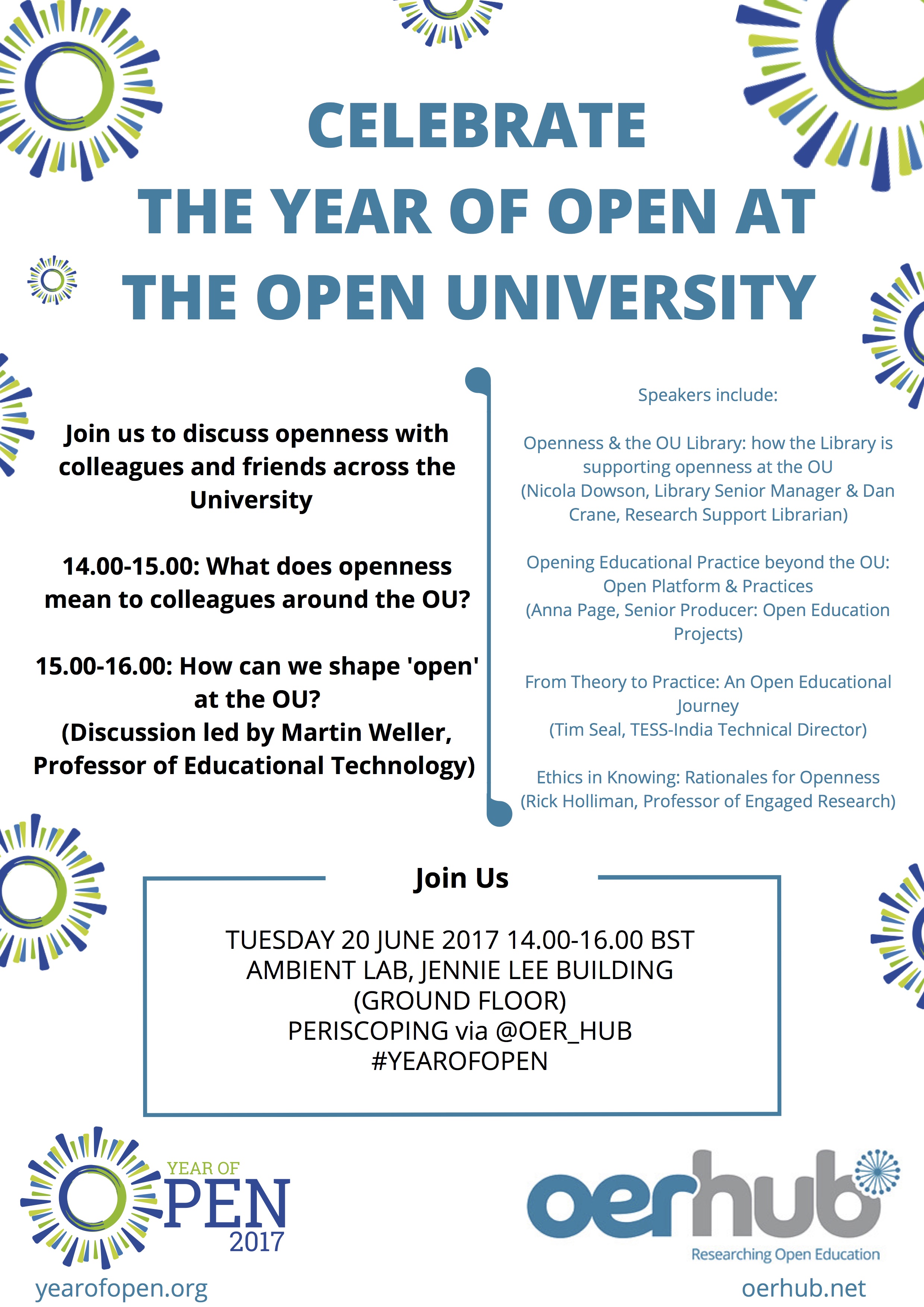Andrew Ng – co-founder of Coursera – joined us by Skype for this presentation since he couldn’t be with us in person. His presentation focused on the ‘revolutionary’ aspects of Coursera’s MOOC platform. Most people, he noted, could never take a course at Stanford but Coursera makes this possible by putting courses online which anyone can access for free.
For the uninitiated – if there were actually any in the room – a lengthy explanation of what Coursera is: as a Stanford professor, Andrew usually taught around 400 students per year. By putting his materials online he was able to reach 100,000 students. The project now has 107 partners and has taught 5.2 million registered students across 532 courses. Instruction is video-based and leads to certification which can be used to improve academic or vocational credentials. Students interact with materials through quizzes and short assignments. These are supported by plugins that offer a range of functions and can be designed by the partner institutions. There are peer-grading functions which supplement machine assessment.
Ng tried to make a virtue of the fact that most Coursera users are already ‘educated’ – “over 80% of Coursera students already have a bachelor degree” – and argued that because today’s world is rapidly changing the ‘half-life of knowledge’ is decreasing people will be more likely to keep learning – not sure I fully grasped the logic of this. It seems to me that this is entrenching privilege rather than increasing access to educational opportunity, particularly when Coursera certification is not widely recognised as equivalent to a formal degree or diploma.
So far, so generic: but what does the future hold? Andrew went on to ruminate on the ‘flipped classroom’ phenomenon and suggested that Coursera content could be used to support campus education by making classroom time available for ‘deeper interactions’. (I thought this model had been in place for all humanities degree programmes since… well, since there were universities.) In the future, Andrew wants lower income people to have educational opportunities that they have not had in the past. To me this is hardly revolutionary…
Rory MacGreal made the point that student work produced within Coursera cannot be used towards credit for university courses, and questioned the validity of terms and conditions that could own the intellectual property of students. How is this compatible with ‘education for all’. Andrew responded by noting that Coursera has costs and needs to find a sutainable model; this is the same reason for not adopting open licensing. (The implication seems to be that this is all leading to monetization.)
More questions could have been interesting, but Andrew had another engagement.






[…] democratizing education was never the plan (see Exhibit A). Don’t give the same keynote over and over again, and certainly don’t do it in front of a potentially hostile audience. And […]